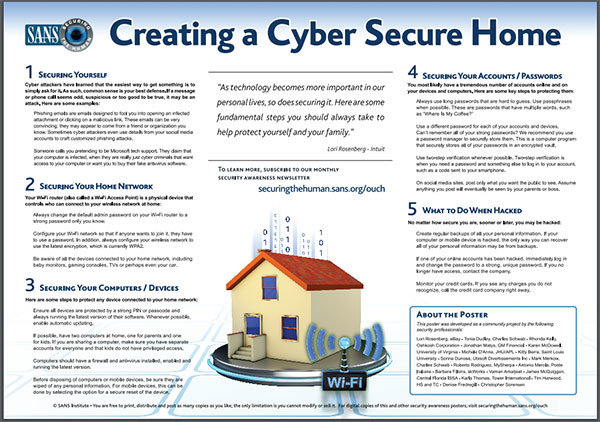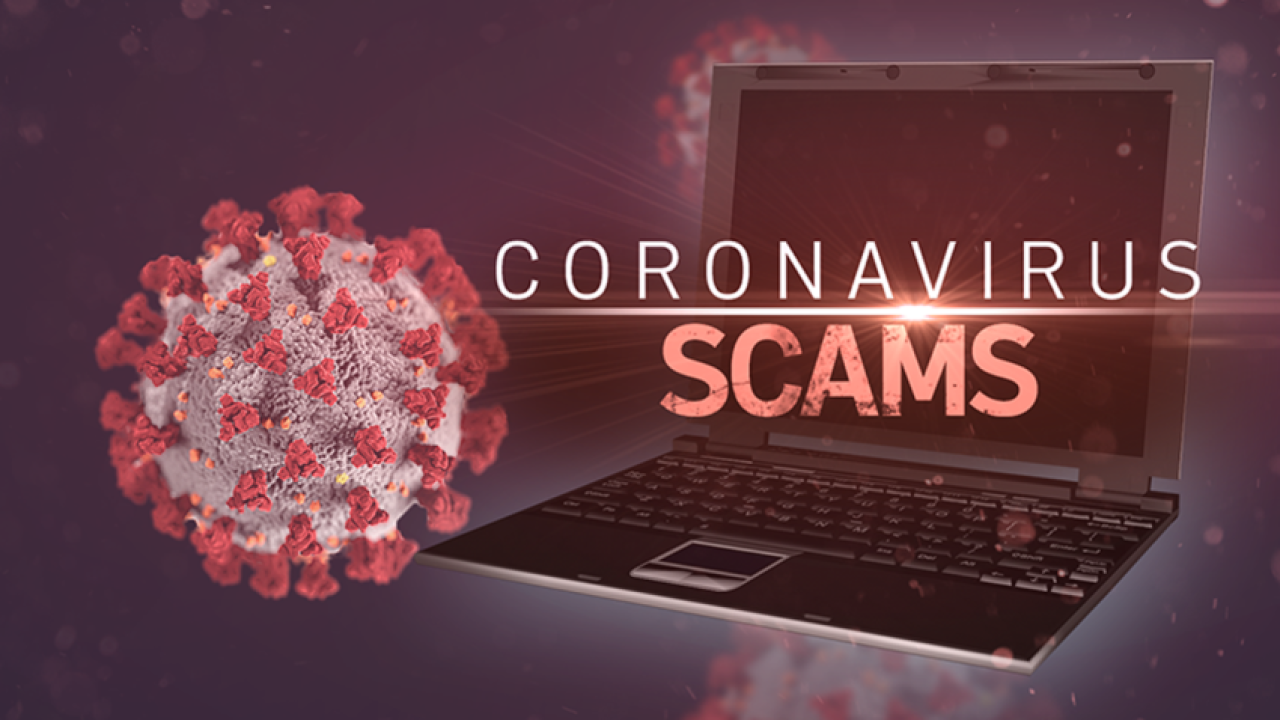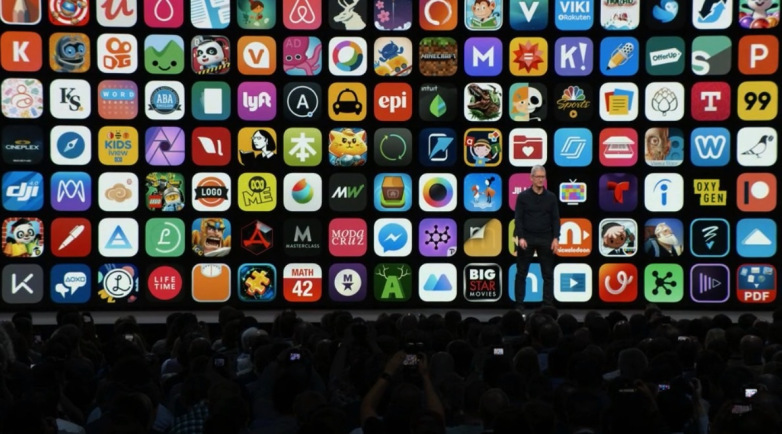How to Secure Your Home Network?
One of the more vital security practices is not utilizing public Wi-Fi for sensitive activities, such as logging into your banking or social networks accounts. Nevertheless, it’s not always worried that house Wi-Fi can be similarly unsecure. Via unsecure networks, enemies could spy on you, take personal and banking info, or use your network to carry out illegal activities. If your next-door neighbor used your network to illegally download copyrighted content, you would be blamed for those actions as it is your network. And if that is insufficient to persuade you to protect your house wifi network, consider someone easily using the Wi-Fi you pay for.
If you wish to feel safe from hackers, you require to protect your home network. A secured house network suggests securing both your Wi-Fi and your devices. While you likely already know how to keep your computer system protected, you might not realize how susceptible unsecure Wi-Fi makes you. Luckily, by following a couple of basic suggestions, you can protect both your computers and your network.
Home network security finest practices
When you have Internet linked gadgets in your house, among the most crucial things you need to do is protect your house network. If your home cordless network is unsecure, no one is stopping assaulters from spying on your Internet activity and taking passwords. By not taking appropriate security procedures, many people unconsciously make it that a lot easier for attackers to hack into their gadgets. So what can you do to make your house network more secure?

If you have Wi-Fi in your house, chances are that whatever was set up by your supplier. Because everything from network name to password was set to default, your Wi-Fi router is most likely not as safe and secure as it ought to be. Thankfully, that is quickly fixable.
1. Wi-Fi network name
If you do not know what your network name is, you simply need to examine to what network your gadget is connected. It’s the name that devices will see when searching for neighboring cordless networks. Your Wi-Fi router likely has a default name established by your service provider, which is usually something generic. Among the first things you need to do when you have Wi-Fi established is change the network name. By not changing the default name, you might be letting assaulters know the specific model of your router. A basic search of the router’s design could give attackers a list of vulnerabilities they can exploit. The name needs to be something unique that you could quickly identify however need to not contain personal information. For instance, do not utilize your name, your address or apartment number, or anything that might connect it back to you. You can, nevertheless, make up a ridiculous name, like ‘Area 51 ′.
2. Wi-Fi password
If you have not changed your Wi-Fi password because you had it established, it’s likely something very basic, like ‘password’ or ‘123456’. When service providers establish your Wi-Fi, they expect you to alter the default password right after however sadly, that is hardly ever the case. And if you know anything about passwords, you understand that the easier it is, the much easier it is to hack. Modification your Wi-Fi password to something complex, and the more complex it is, the much better. You need to likewise enter into the routine of altering the password routinely.
3. Visitor network
When somebody sees your home, most likely than not you will be asked for your Wi-Fi password. You might not reconsider it, but permitting your visitors to link to your home network positions a specific security threat. It’s not that you should not trust your guests to not spy on you, it’s more like visitors might unknowingly download malware, which could spread to your linked devices as well by means of the network. A simple way to keep your network protected and your guest happy is to set up a guest network. If your Wi-Fi router allows you to create an additional network, there is no reason why you shouldn’t do it. You can quickly find out how to set it up on your Wi-Fi router by using Google or another search engine.
4. Securing your gadgets
In addition to protecting your Wi-Fi network, it is necessary that you keep your devices secured. If you follow a couple of pointers, you will be decreasing your chances of acquiring malware. You probably have actually heard everything in the past, however another tip will not hurt.
5. Anti-virus software application
If you’re frequently using the Internet for whatever function, you are advised to have anti-virus set up. It not only gets rid of risks from your computer, however likewise prevents them going into in the top place. While some users believe that anti-virus is not essential, that is just the case when a person is extremely experienced when it comes to malware and understands how to prevent it. With most of people, that is not the case.
There are lots of choices to pick from, both totally free and paid ones. Research the software application effectively to make certain that it’s both respectable and matches your needs. When you install it, keep it performing at perpetuity.
6. Good browsing routines
Malware does not come out of no place. An infection is normally the result of bad searching habits. Those poor routines consist of opening spam e-mail, clicking on unidentified links and random ads, downloading copyrighted content totally free, utilizing questionable download sources, checking out suspicious sites, and so on. If you establish great browsing habits, you might prevent a big part of malware. For instance, if you don’t open e-mail accessories without ensuring they are safe, you would be decreasing your possibilities of obtaining ransomware (file-encrypting malware). By not clicking on random advertisements, you would be avoiding redirects to dangerous websites, and by not downloading from doubtful sources, you would be preventing all kinds of malware.
7. Up-to-date application
Software application is not ideal and it typically comes will all type of vulnerabilities. Nevertheless, software suppliers regularly release updates that spot those vulnerabilities. Upgrading your software is highly crucial, and sometimes, it might be the important things preventing severe malware from entering your computer. The WannaCry ransomware is the ideal example of this. WannaCry spread really rapidly and infected computers that did not have a particular patch installed, which was launched months prior to the attack. As a result, more then 300,000 computers in various nations got contaminated. To prevent such scenarios, update your software routinely.





